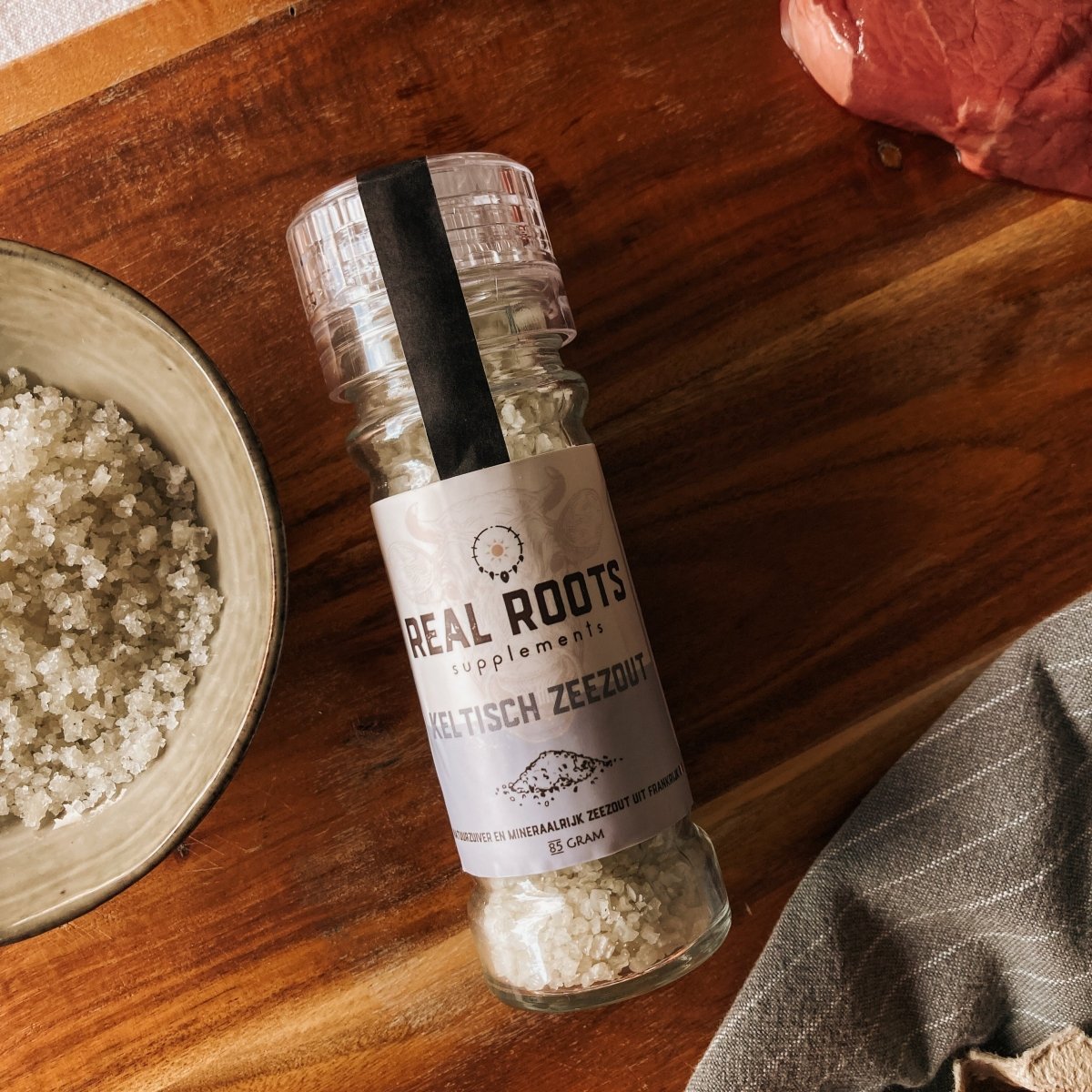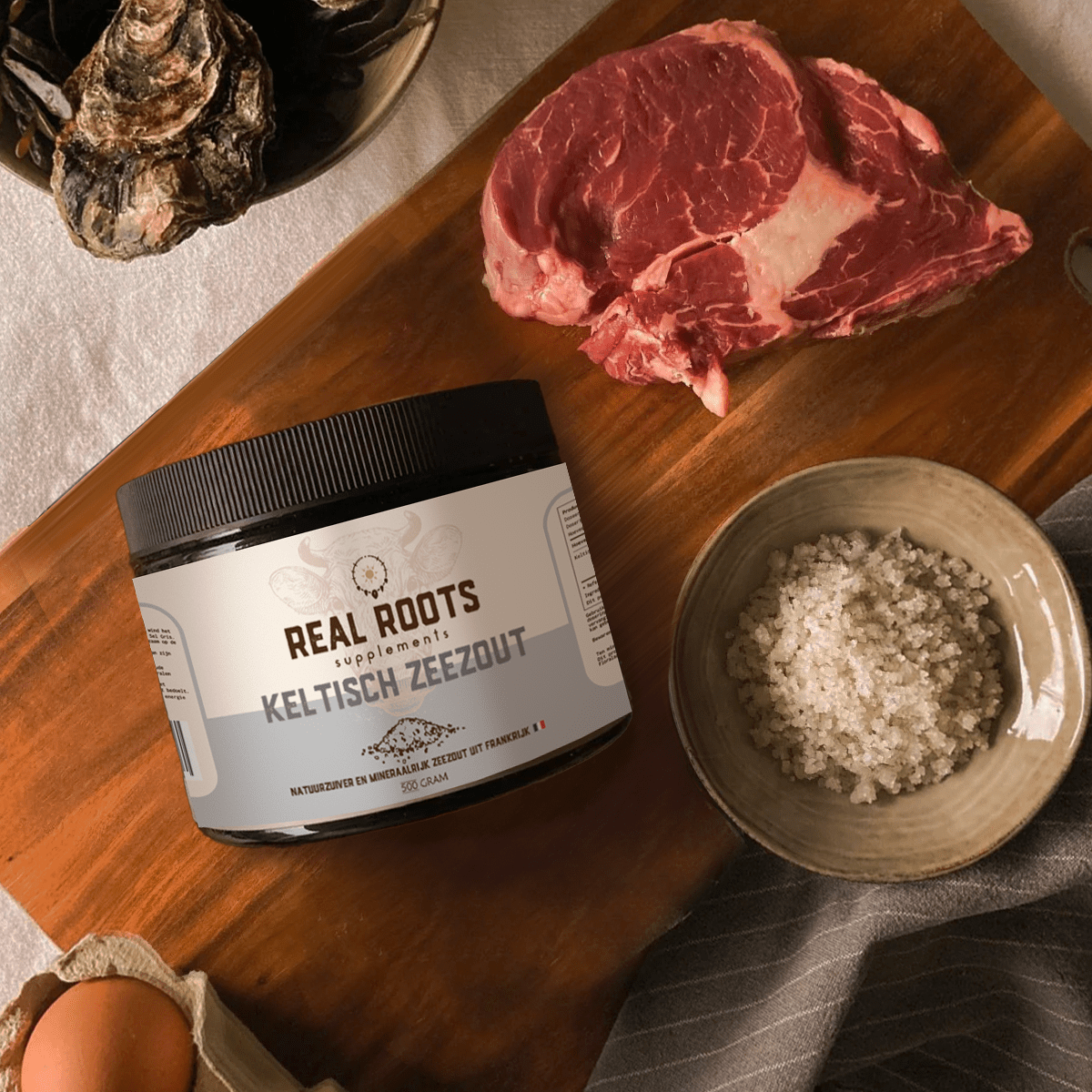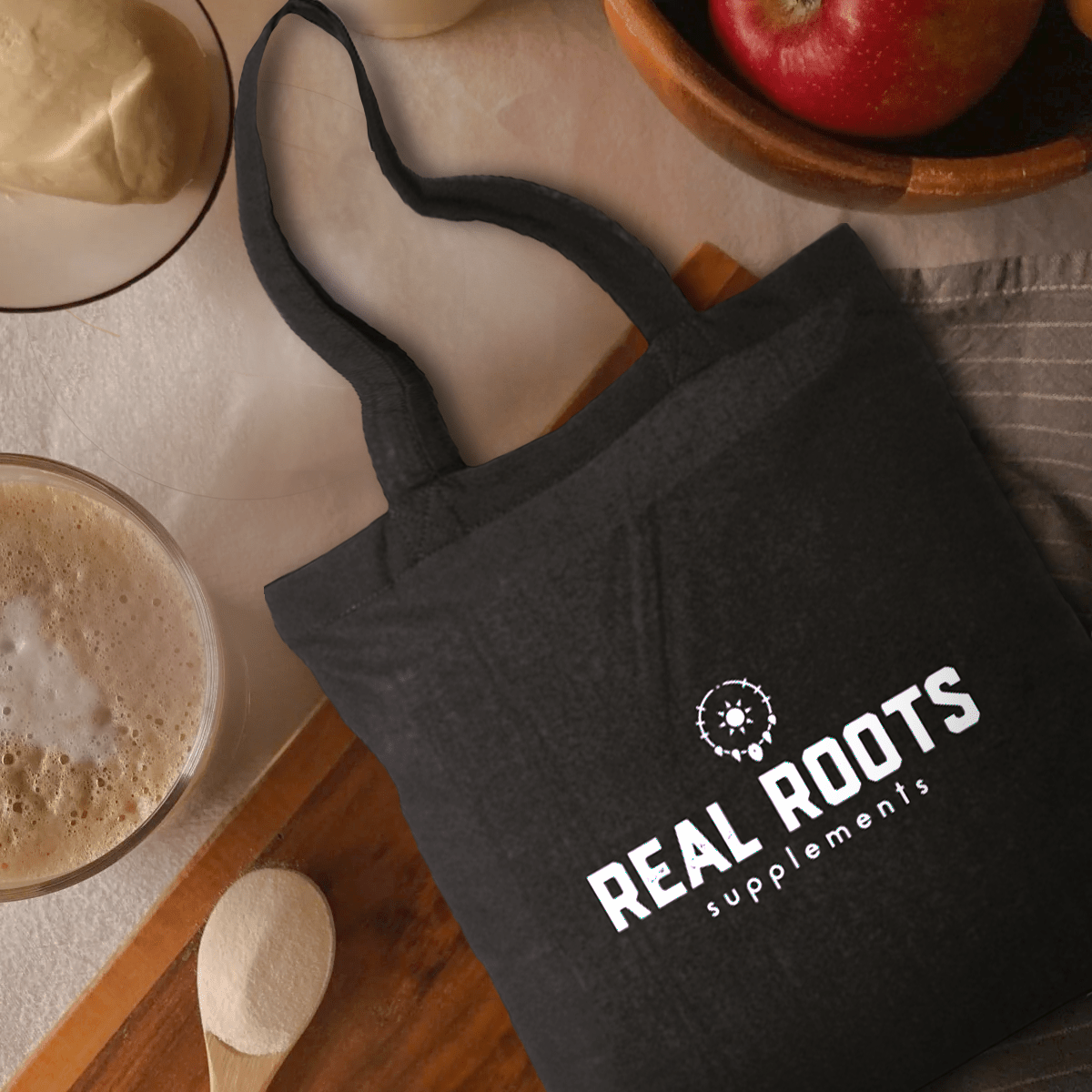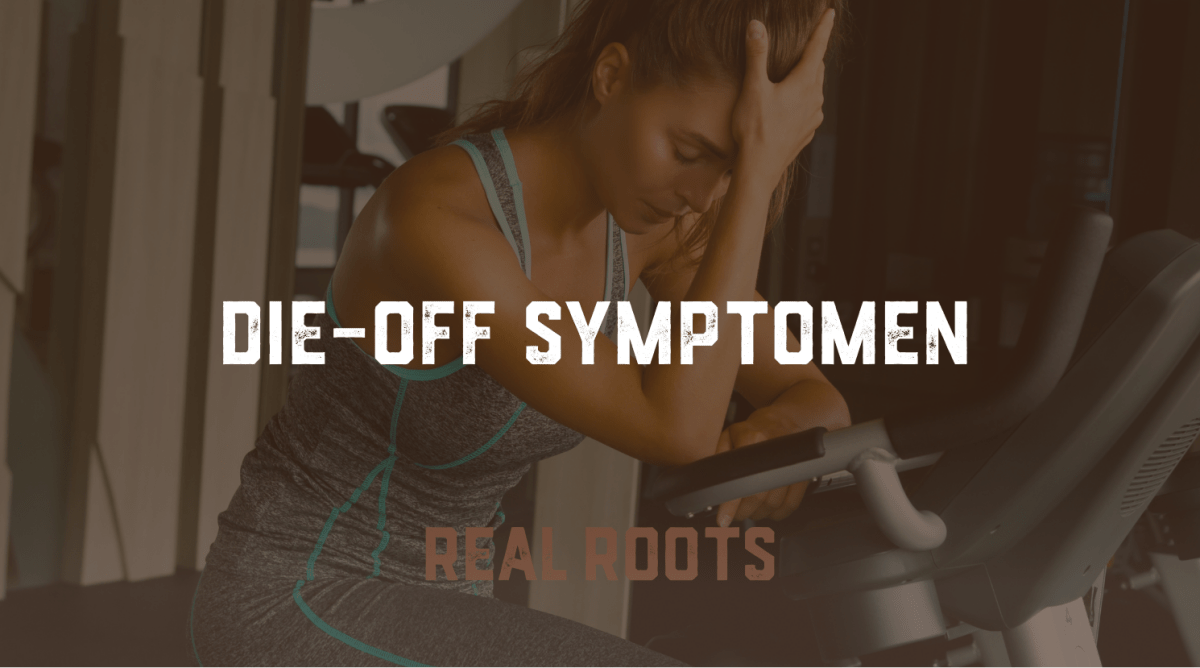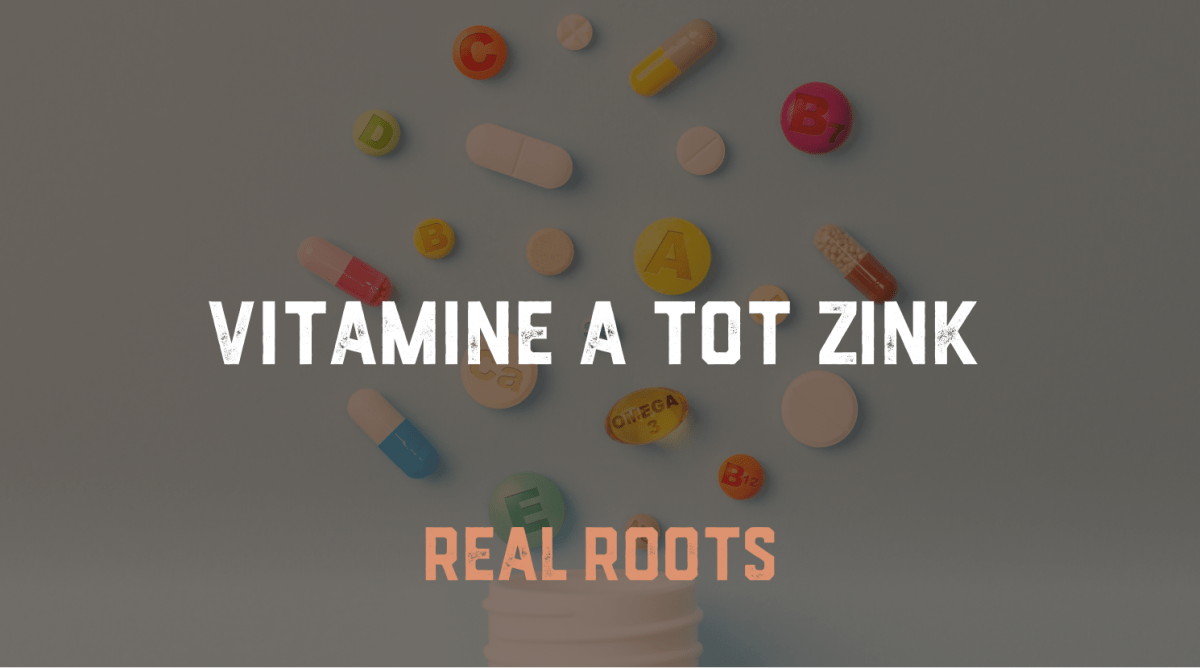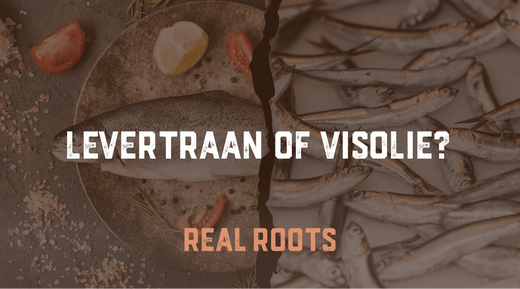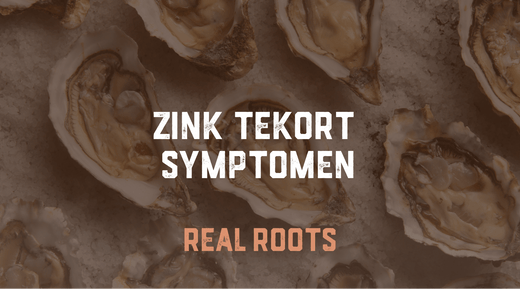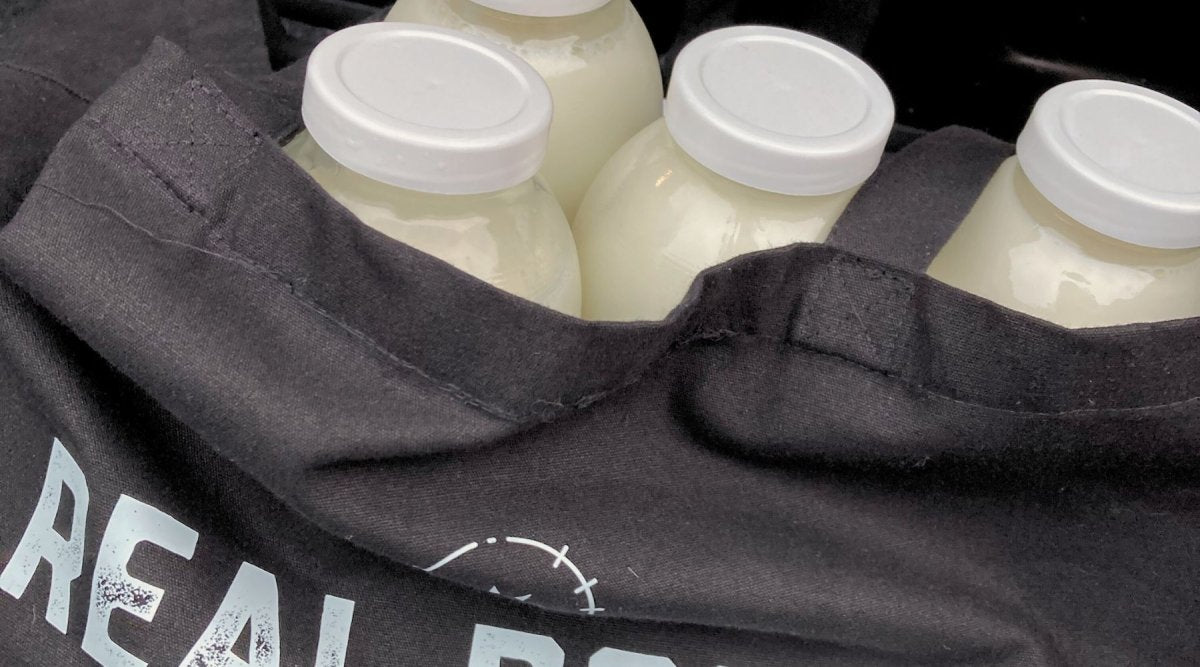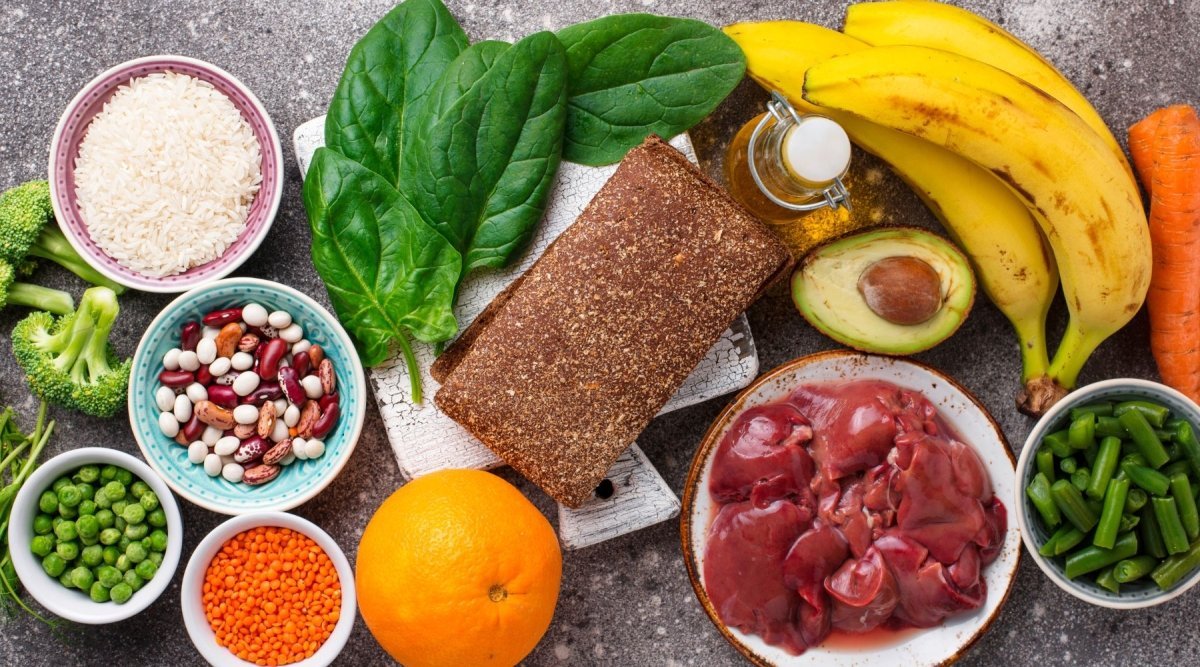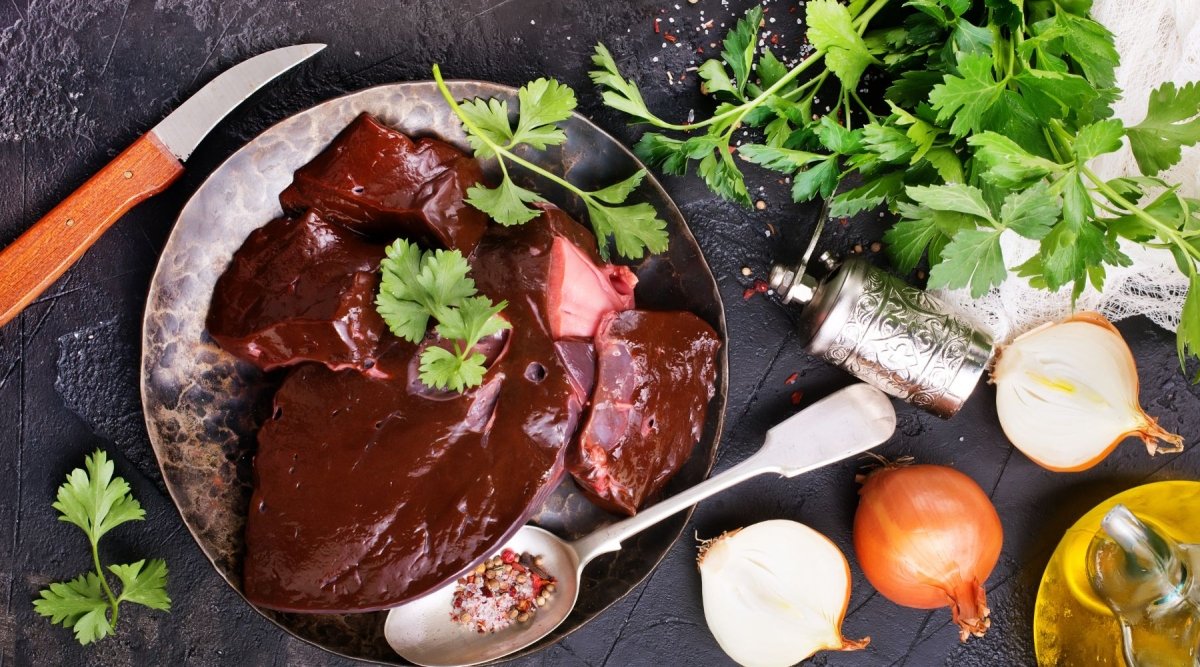Bone broth: the ultimate alternative to coffee
The smell and taste of coffee are indispensable for many. Yet there are people who (more and more often) look for an alternative to coffee. Think of coffee substitutes that contain less caffeine, burden digestion less, or provide an extra boost of nutrients.
In this blog, we delve deeper into the disadvantages coffee can have and look at what alternatives exist. This way, you discover why, for example, bone broth from Real Roots can be an interesting coffee substitute without having to compromise on energy and taste experience.
The hard truth about coffee
Coffee has an unmistakable place in our culture and morning routine. Yet there are downsides you don’t want to overlook:
1. Roasting coffee beans
- Loss of beneficial substances: Antioxidants are lost during roasting. Coffee naturally contains antioxidants, but these decrease after intense roasting.
- Unwanted byproducts: Substances can form (for example acrylamide) that reduce the quality of the bean.
2. Use of pesticides
- Intensive spraying: Many coffee plantations use pesticides; residues can remain on the beans.
- Health risks: These chemicals can cause hormonal disruptions and neurological problems.
- Research: From reports, such as the EFSA report (2015), it appears that long-term exposure can carry risks.
3. Mycotoxins and molds
- Molds: Coffee beans grow in humid climates. When not properly dried and stored, temperature and humidity provide the ideal environment for molds.
- Mycotoxins: Some molds produce toxic substances, such as ochratoxin A, harmful to kidneys and possibly carcinogenic.
4. Antinutrients in the beans
- Tannins & polyphenols: Bind minerals (e.g., iron and calcium), which hinders absorption.
- Lectins & phytic acid: Often partially neutralized by the roasting process, but can still reduce nutrient absorption.
5. Dehydrating effect
- Diuretic: Caffeine stimulates the kidneys, leading to increased urine production and thus a risk of dehydration.
- Disturbed fluid balance: In the long term, this can have a negative impact on kidney function.
6. Loss of water-soluble vitamins
- B vitamins: Due to the diuretic effect, you lose B vitamins faster, and antinutrients further inhibit absorption.
- Vitamin C: Although the effect on vitamin C is less clear, a disturbed fluid balance can also lead to extra excretion here.
Tips for drinking coffee
Of course, we understand that many people do not easily say goodbye to their familiar cup of coffee. If you still want to enjoy it, keep the following advice in mind:
- Choose organic coffee: This reduces exposure to pesticides.
- Grind your beans just before use: This helps prevent oxidation and loss of flavor.
- Do not drink during or immediately after meals: This is to ensure you absorb enough minerals and vitamins.
- Hydrate with water or milk: Drink a glass of water (optionally with some salt) alongside your cup of coffee to compensate for the diuretic effect. Plant-based milk can be a solution if you are sensitive to caffeine or want to support lowering your cholesterol levels.
What coffee substitutes are there?
There are now countless alternatives to coffee on the market, often grouped under the term ‘coffee substitutes’. Think, for example, of:
1. Green tea & Matcha
- Green tea contains caffeine, but to a lesser extent than coffee. Regular green tea is a milder option for many.
- Matcha contains concentrated antioxidants and can provide calm, long-lasting energy.

2. Golden milk
- A mixture of (plant-based) milk with turmeric, optionally supplemented with herbs such as cinnamon, ginger, cardamom, and a pinch of black pepper.
- Turmeric is known for its anti-inflammatory properties, and golden milk contains no caffeine.
3. Herbal blends (Not Coffee)
- There are ready-made herbal blends on the market, sometimes described as “Not Coffee”, that approach the taste of coffee by using roasted chicory and grains, for example. These usually contain no caffeine and are therefore interesting if you suffer from palpitations or have trouble sleeping. If you have questions about poor sleep, read our blog about: magnesium and sleep from the Real Roots mindset
4. “Coffee” drinks based on grains and chicory
- Ideal for those who seek the familiar taste of coffee but without the stimulating effect. Often you find variants with roasted roots that mimic the dark, earthy flavor.
5. Get started yourself
- Some people mix spices like cinnamon, ginger, cardamom, or experiment with beet juice or cocoa to make a warm drink that comes close in aroma to a cup of coffee. The internet — with stock photos on platforms like Getty Images — offers countless recipes and inspiration.
Bone broth as a coffee substitute
If you're looking for a truly nourishing and savory drink, then Real Roots bone broth is a surprisingly good option. This broth:
- Contains collagen and amino acids that may contribute to stronger bones, healthier hair, skin, and muscles.
- Provides long-lasting energy without the diuretic and possibly adverse effects of caffeine.
- Is cheap: for less than 70 cents you already have a large mug full of nutrients.
- Can be pimped as desired: add a knob of butter for extra satiety and some Celtic sea salt for a full flavor.
This savory drink is definitely an alternative to coffee that you might not expect right away. It keeps you warm, nourishes your body, and provides a gradual energy flow without the peaks and troughs that caffeine can cause.
How to prepare Real Roots bone broth
- Heat the broth just to the point of boiling.
- Optional: mix in some spices, such as cinnamon, ginger, or cardamom if you want a flavor variant that might remind you of spiced coffee.
- Enjoy with or without butter and Celtic sea salt and notice the difference in satiety and energy.

Conclusion: what is a good alternative to coffee?
Whether you choose green tea, golden milk, a mix of grains and chicory, or the savory power of bone broth: there are plenty of ways to occasionally replace your familiar cup of coffee. These options often offer extra nutrients, less caffeine, and sometimes even anti-inflammatory properties. If you want to try something completely different that truly fills and nourishes, then Real Roots bone broth is a responsible, affordable, and delicious choice.
This just goes to show: if you're looking for a coffee substitute, you don't have to worry about missing out on energy or flavor. There are plenty of options that fit your lifestyle, whether you're sensitive to caffeine or just want to try something new. By being critical with your cup of coffee and varying with alternatives, you ensure your body gets the nutrients it needs. And maybe even better, it doesn't disrupt your biorhythm. Want to read more about this check this blog!
Drink consciously and enjoy — because ultimately it's about a balance between taste, health, and pleasure.
